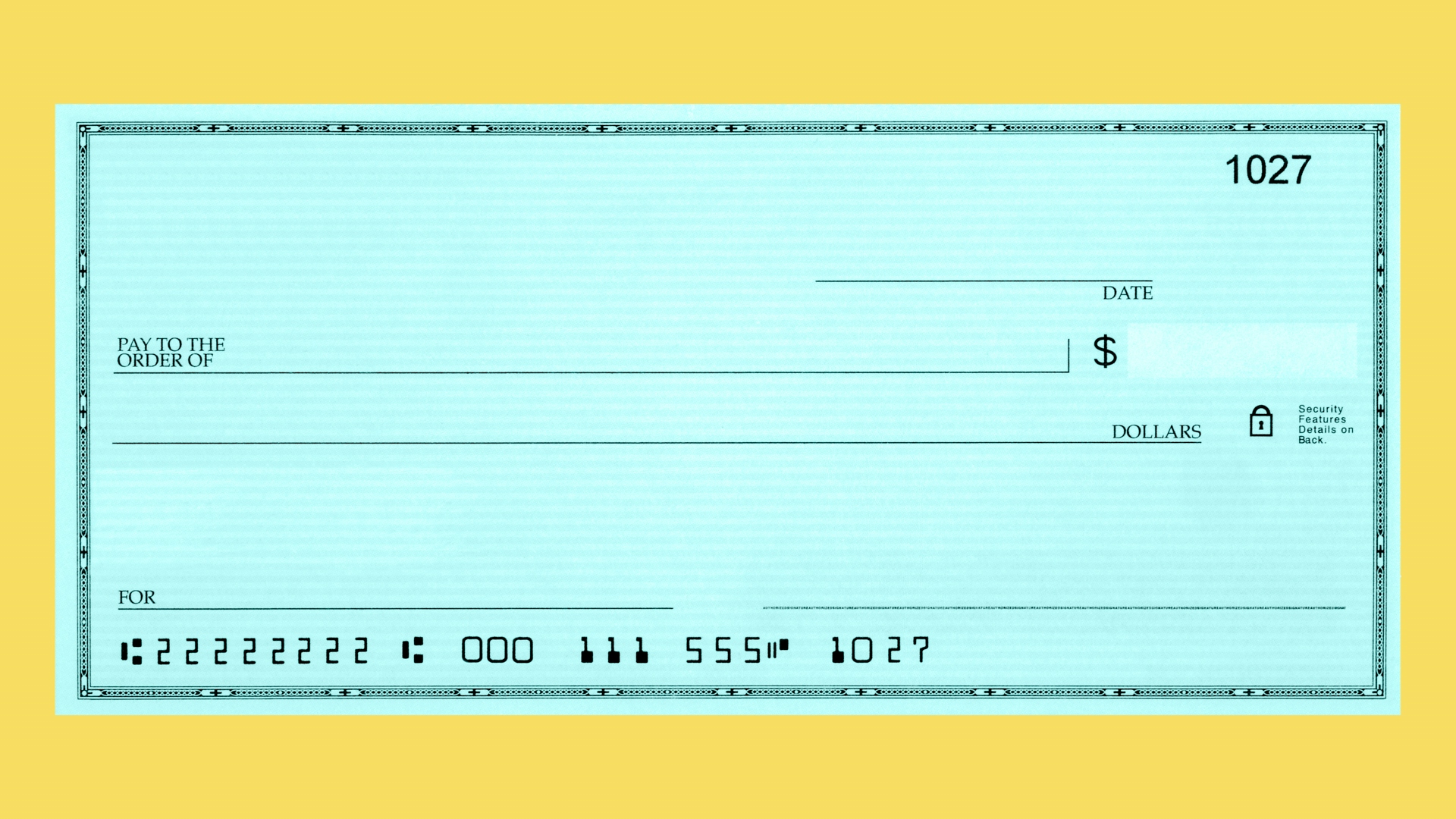The Story
Exactly one year into the pandemic, President Joe Biden signed a third relief bill into law. So another stimulus check could be making its way to you soon.
What's in the bill?
Here are some details:
$350B for state, local, and tribal govs
$130B for K-12 schools
$40B+ for housing assistance
$29B to help restaurants
$15B to prop up airlines
$7.5B for vaccine distribution
$7.25B for Paycheck Protection Program loans for small businesses
What's MIA? Student loan forgiveness and a minimum wage increase.
What's in it for me?
Depends. Parents get an increased 2021 child tax credit of $3,000 per kid age 17 and younger. And $600 on top of that for kids under 6. You can get an advance on half of what you qualify for in the form of monthly payments from July to December. The rest, you get once you file next year's tax return.
Anyone collecting unemployment can keep getting bonus payouts of $300 a week until September 6. If you have private health insurance through the federal public exchanges (thanks, Obamacare), you may get higher tax credits to lower your premiums.
The bill's headliner: a one-time stimulus payment of $1,400 for each eligible American, including dependents.
Does that include me?
If you earn up to $75K (or $150K for couples filing jointly), yes. If you make more than $80K as a single filer (or $160K for joint filers), no. If you're somewhere in between, you may get a lower amount. This calculator can help you figure out what you'll get.
How does the gov know how much I make?
By looking at your most recent tax return. If you haven't submitted your 2020 return yet, they'll use the income on your 2019 return. If you had a pay cut, added a dependent, or changed anything else last year that could get you a bigger stimulus check, file this year's taxes ASAP. If the IRS starts giving out stimulus money before you file, they can send you the difference later.
Will I have to pay this money back?
No. And you won't owe taxes on it.
What should I do with any money I get?
If you need it to cover bills, start there. After that, give your emergency fund some love. Because if 2020 taught us anything, it's to expect the unexpected. Eventually, you'll want about three to six months' worth of take-home pay saved. But this is one of those times that pretty much anything is better than nothing.
Paying down credit card debt could be another smart move. A smaller balance = less to pay interest on. Bonus: decreasing your debt could give your credit score a nice boost.
Related: I Paid Off $75K of Debt After Getting A Divorce
And if I'm good in those areas?
Level-up by investing more. Or for the first time, if you've been putting it off. The earlier you get started, the more time your money has to grow. You could also donate some of your stimulus check or spend it at a local small biz. Buying gift cards can be a good way to give them a boost.
Related: How to Be Charitable Even When Money's Tight
theSkimm
A third round of relief is on its way, including the direct payments many Americans have been waiting for. If you're expecting a stimulus check, make a game plan. You can use it to get ahead on your bills and other money goals. And/or spend it to help out your local economy.
Subscribe to Skimm Money
Your source for the biggest financial headlines and trends, and how they affect your wallet.






